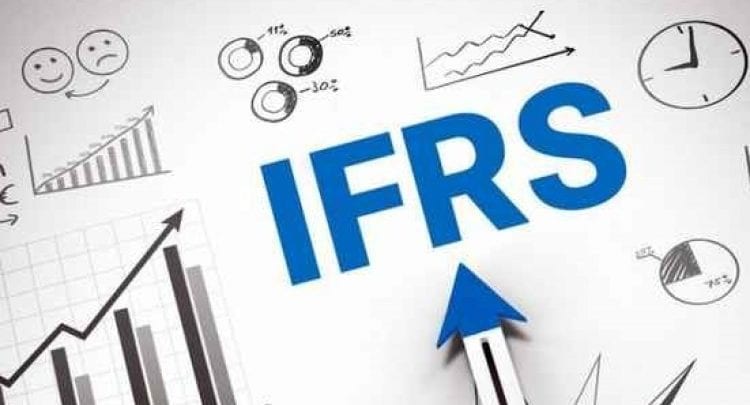Course Details
Your Growth, Our Mission

Course Description
The Training Course Will Highlight ?
Training Objective
Target Audience
The workshop will be useful for staff in finance department, internal and external auditors, regulators, financial
and credit analysts who review financial statements and sustainability reports.
A basic understanding of accounting as per any local GAAP is a pre-requisite
Training Methods
• We facilitate learning through a combination of techniques listed below:
• Pre-workshop questionnaire for participants to confirm their expectations
• Presentation of core knowledge and concepts including group discussions
• Real-world case studies to enable learning by doing
• Short case studies to confirm achievement of learning outcomes
Daily Agenda
Module 1
Introduction
• Overview of IFRS
Presentation of Financial Statements
• Presentation of financial statements (IAS 1)
• Statement of cash flows (IAS 7)
• Basis of preparation of financial Statements (IAS 8)
Non-current Assets
• Property, plant and equipment (IAS 16)
• Investment property (IAS 40)
• Intangible assets (IAS 38)
• Impairment of assets (IAS 36)
• Non-current assets held for sale and discontinued operations (IFRS 5)
Module 2
Liabilities
• Provisions, contingent liabilities and contingent assets (IAS 37)
• Employee benefits (IAS 19)
• Income taxes (IAS 12)
Revenue and Costs
• Revenue from contracts with customers (IFRS 15)
• Inventories (IAS 2)
Foreign Currency
• Effects of changes in foreign exchange rates (IAS 21)
Module 3
Financial Instruments
• Presentation of financial instruments (IAS 32)
• Recognition and measurement of financial instruments (IFRS 9)
✓ Classification and measurement of financial assets and financial liabilities
✓ Modifications of financial liabilities
✓ Expected credit loss impairment model for corporates and financial institutions
✓ Overview of hedge accounting
Leases
• Lessor and lessee accounting (IFRS 16)
Module 4
Consolidation
• Business combinations (IFRS 3)
• Consolidated financial statements (IFRS 10)
• Joint arrangements (IFRS 11)
• Investments in Associates and Joint Ventures (IAS 28)
• Separate Financial Statements (IAS 27)
IFRS Updates
• Presentation and Disclosure in Financial Statements (IFRS 18 effective from 2027)
✓ Key changes from IAS 1 Presentation of Financial Statements
• Subsidiaries without Public Accountability: Disclosures (IFRS 19)
• Amendments to IFRS Accounting Standards for 2025 and onwards
• Focus areas of key global regulators, including the effects of climate-related matters on IFRS financial
statements
• ·Overview of current IASB projects
Review Quiz
Accreditation
BTS attendance certificate will be issued to all attendees completing minimum of 75% of the total course duration.
Quick Enquiry
Request Info
Related Courses
Your Growth, Our Mission

